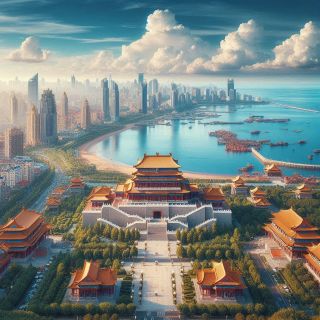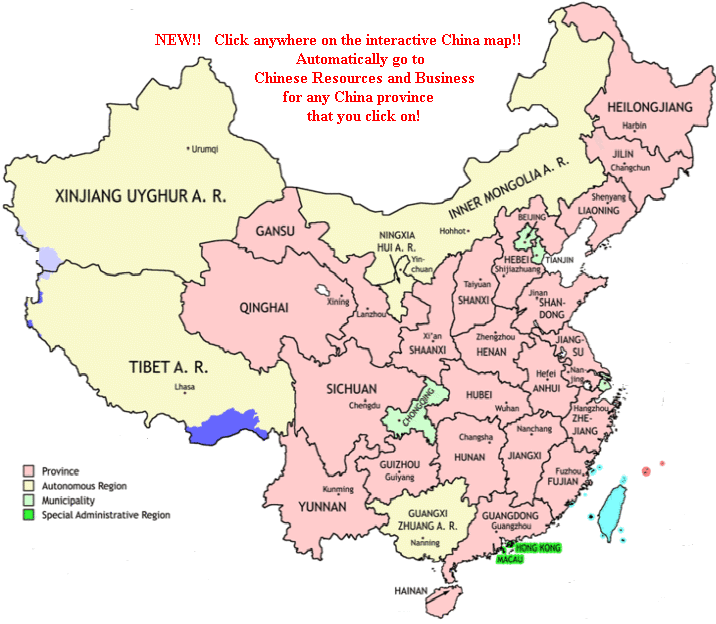|
Chemical compound | Definition, Examples, & Types | Britannica
All the matter in the universe is composed of the atoms of more than 100 different chemical elements, which are found both in pure form and combined in chemical compounds.
Chemistry | Definition, Topics, Types, History, & Facts | Britannica
The identification of pure substances and the analysis of chemical mixtures enable all other chemical disciplines to flourish. The importance of analytical chemistry has never been greater than it is today.
Chemical reaction | Definition, Equations, Examples, & Types - Britannica
A chemical reaction is a process in which one or more substances, the reactants, are converted to one or more different substances, the products. Substances are either chemical elements or compounds.
Chemical element | Definition, Origins, Distribution, & Facts - Britannica
A chemical element is any substance that cannot be decomposed into simpler substances by ordinary chemical processes. Elements are the fundamental materials of which all matter is composed. Learn more about the origins, distribution, and characteristics of chemical elements in this article.
Chemical energy | Definition & Facts | Britannica
The chemical energy in food is converted by the body into mechanical energy and heat. The chemical energy in coal is converted into electrical energy at a power plant. The chemical energy in a battery can also supply electrical power by means of electrolysis.
Chemical formula | Definition, Types, Examples, & Facts | Britannica
Chemical formula, any of several kinds of expressions of the composition or structure of chemical compounds. The forms commonly encountered are empirical, molecular, structural, and projection formulas.
Chemical element - Atomic Structure, Periodic Table, Properties ...
The chemical characteristics of elements are intimately related to the number and arrangement of electrons in their atoms. Thus, elements are completely distinguishable from each other by their atomic numbers.
chemical reaction - Students | Britannica Kids | Homework Help
The substances in a chemical reaction may be chemical elements, molecules, or compounds. The substances present at the start of a chemical reaction are called the reactants; the substances formed by the reaction are called the products.
Chemical industry | Overview, Importance, & History | Britannica
Chemical industry, complex of processes, operations, and organizations engaged in the manufacture of chemicals and their derivatives. Raw materials include fossil fuels and inorganic chemicals.
Chemical engineering | Processes, Principles & Applications | Britannica
The fundamental principles of chemical engineering underlie the operation of processes extending well beyond the boundaries of the chemical industry, and chemical engineers are employed in a range of operations outside traditional areas.
|


